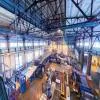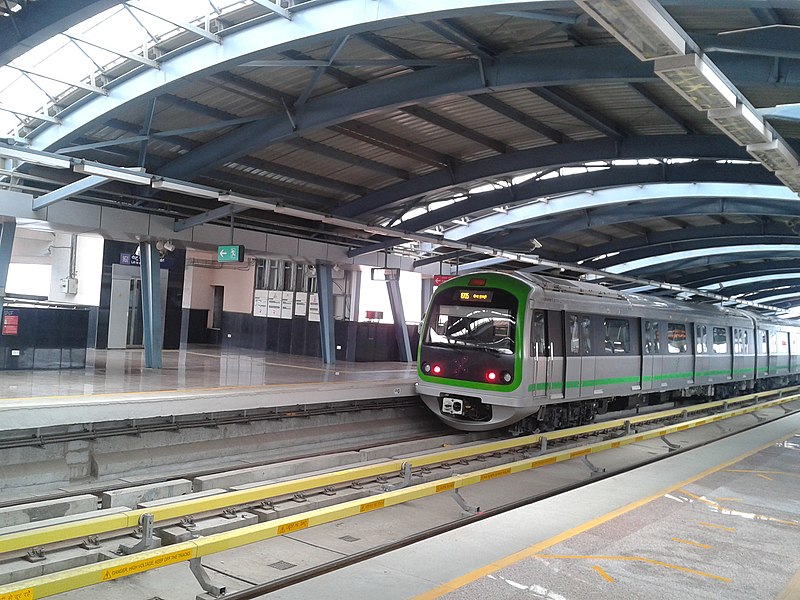
Bengaluru's second suburban rail corridor set in 2+ years
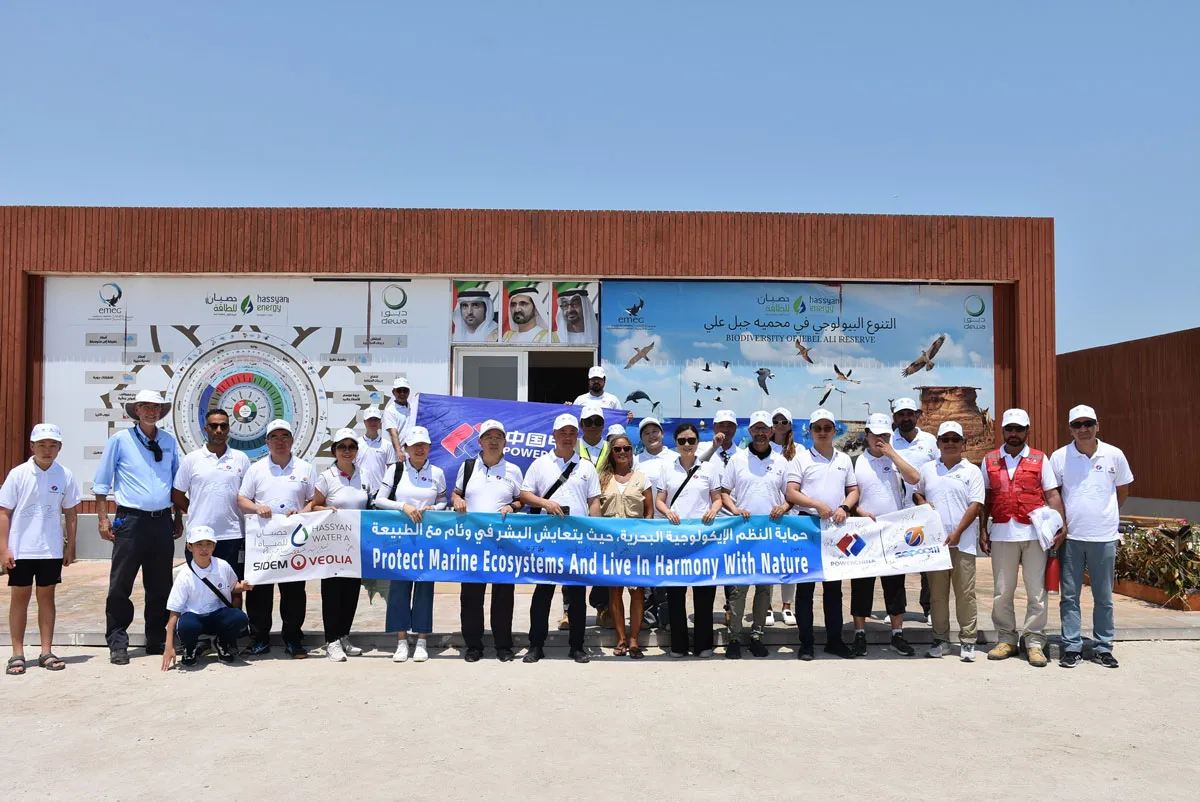
POWERCHINA Strengthens Global Workforce Through Cultural Integration
Power Construction Corporation of China (POWERCHINA or the Company), which manages multiple infrastructure projects across six continents, continues to emphasise meaningful connections that encourage cultural exchange and shared development. Through local employment, cross-cultural integration, community activities, environmental protection initiatives, and employee development, the Company promotes inclusive growth while demonstrating a strong commitment to people, society, and culture. Across POWERCHINA’s overseas operations, trust is built through actions rather than hierarchy. Maqbul fr..
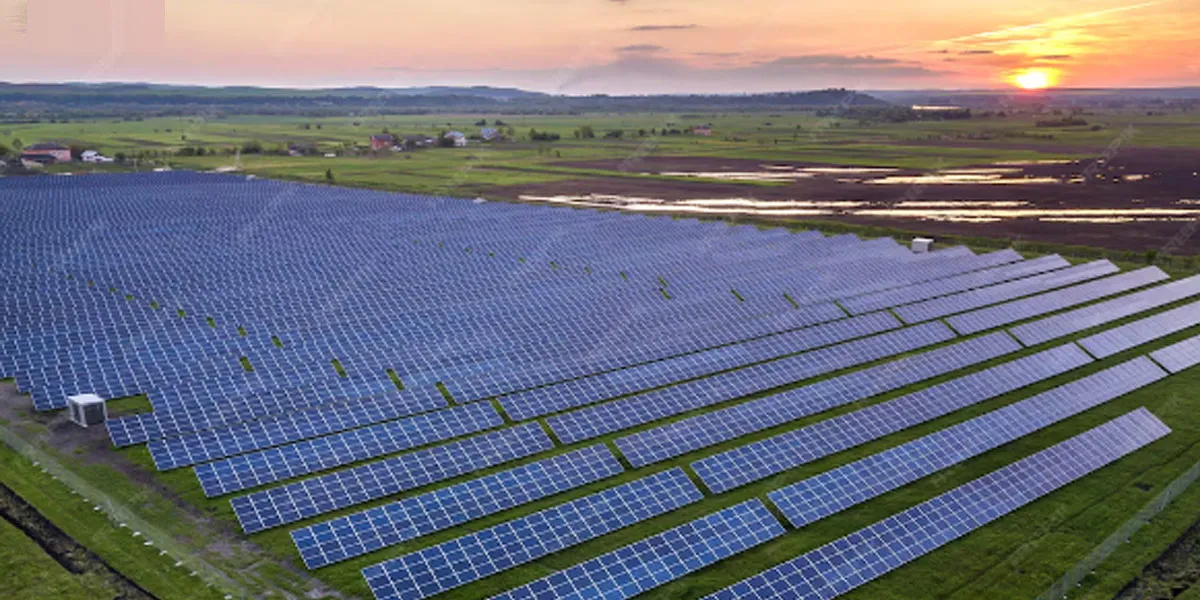
Bondada Engineering Commissions 48.47 MWp Solar Projects
Bondada Engineering Limited has commissioned 48.47 MWp of solar power projects, reinforcing Bharat’s clean energy transition. Executed for Paradigm IT, MAHAGENCO and NLC India Limited, the developments span Dhule, Sambhajinagar, Jalgaon and Parbhani in Maharashtra, along with Neyveli in Tamil Nadu. The projects aim to enhance regional power availability while supporting national renewable energy targets.The achievement underscores the Company’s emphasis on timely delivery and adherence to stringent quality, safety and operational benchmarks. Each cluster benefited from detailed planning, s..
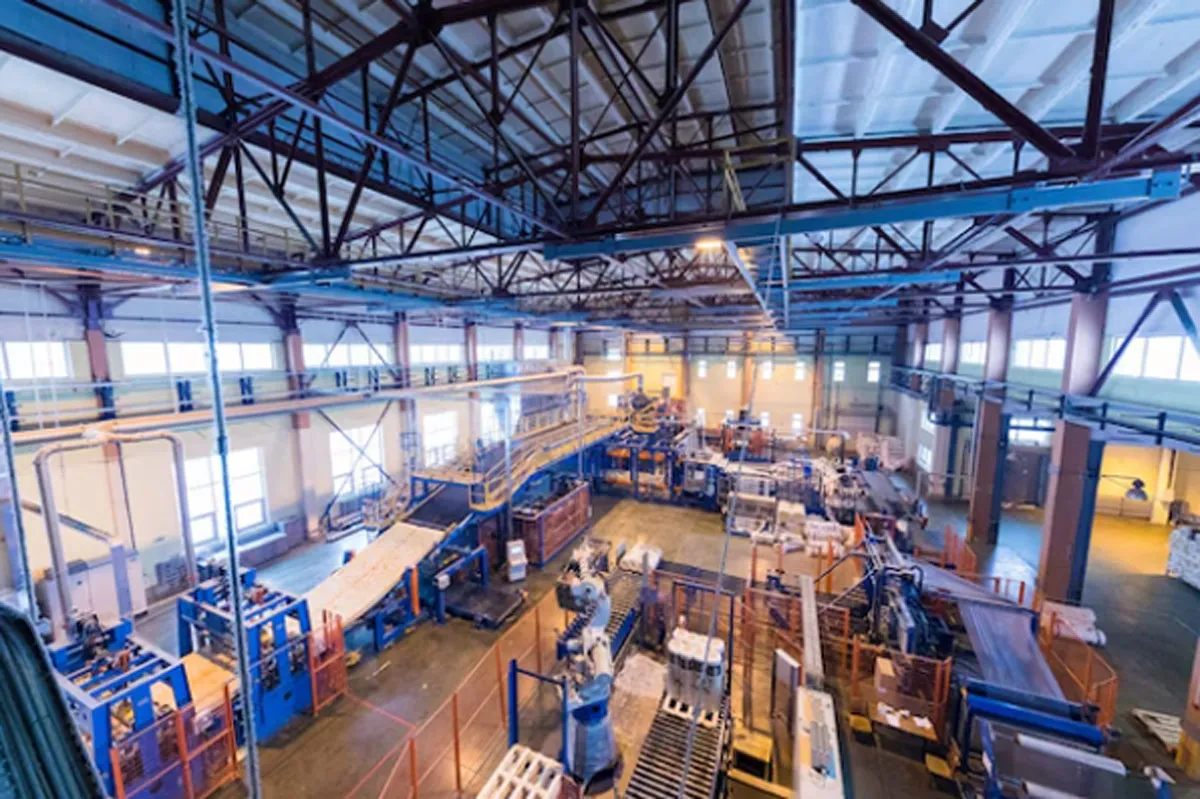
Walplast Marks 2025 With Strong Expansion and Innovation
Walplast Products Pvt Ltd marked 2025 as a year of significant expansion, innovation and brand consolidation, supported by new product launches, enhanced manufacturing capacity, strong category growth and high-visibility partnerships.The Company broadened its decorative paints and surface preparation portfolio with the launch of HomeSure MasterTouch Lush Interior and Exterior Emulsions, alongside HomeSure MasterTouch Prime Interior and Exterior Primers. The Lush emulsions offer durable finish, high coverage and long-lasting colour retention, with the exterior variant engineered for UV resistan..






